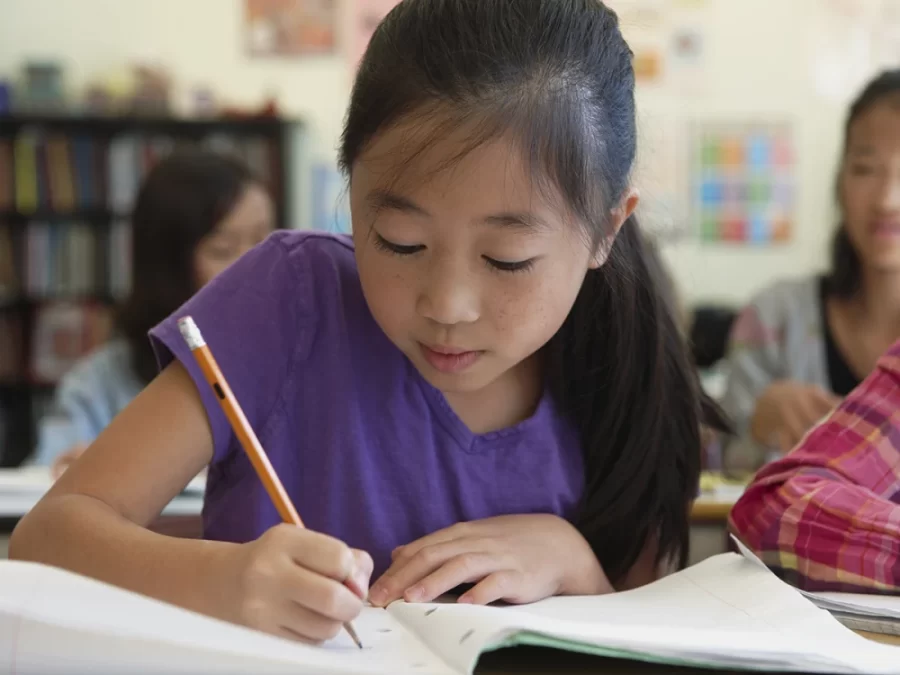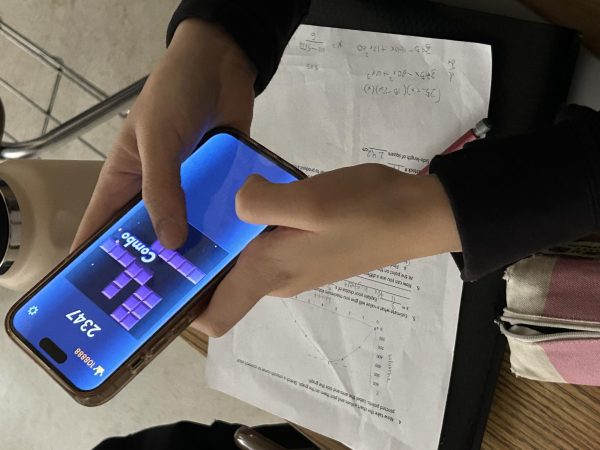Extra credit: the academic crutch for students
Extra credit is when students are offered the opportunity to complete optional work in exchange for additional points in order to boost their grades. The cherished assignments are quick to receive love from students, but teachers should consider the effects of extra credit before giving it out.
It is the first day of school. On the class syllabus is a phrase underlined and bolded. Moans and groans can be heard in the classroom. This phrase can send shivers up and down one’s spine: “No, you cannot do extra credit to bring up your grade.” Though this is a sentence many students dread to hear, what are some of the issues surrounding extra credit?
Supporters of the implementation of extra credit claim that it should be seen as enrichment and is beneficial because it expands on materials covered in class. But how many students are truly doing it for that reason? Oftentimes, those who take the opportunity to complete extra credit are simply in it to boost their grades. The focus is placed on letters and numbers rather than working towards mastery in an area.
“You’re not really learning from it,” Arleth Salazar (11) said. “You’re just trying to get it done just so you can turn it in and have your points.”
When teachers constantly hand out extra credit, students can easily become reliant on it. Soon enough, extra credit becomes an academic crutch that students continuously reach for.
“Extra credit can sometimes be a go-to thing,” Neeraja Menon (11) said. “Someone can be procrastinating on work, and they can just be like, ‘Oh, I’m not going to do my work, I can just go [do] extra credit.’”
With some teachers, extra credit is an assignment that does not even pertain to the class. It could be as simple of a task as cleaning the classroom or writing a book report. Being able to slack off during the year and then catch up using extra credit makes learning seem as if it is not a requirement, but a choice.
“I think it’s very unfair for those who actually work hard, and then they have the exact same grade as people who just do the extra credit,” Annie Wu (9) said. “That’s kind of heartbreaking.”
Even though students don’t have conventional jobs, they have just as many responsibilities as anyone else. Juggling school work, taking care of younger siblings, working at a fast food restaurant, or participating in after school extracurriculars can already consume a student’s day. When extra credit is assigned that students can only complete after school, it can sometimes be impossible for those who have filled schedules.
“It is unfair to those who are really busy, and then the teacher says, ‘Oh, I’ll give out extra credit if you’re there after school,’ because they can’t be there obviously,” Wu said. “Then it’s unfair because they’re just busier than everyone else.”
Even for those who have the time to complete extra credit, many fail to think of the extra work for the teacher. Having to spend additional time to prepare for extra credit can reduce time spent on their personal lives.
“Extra credit can take [away a] teacher’s time,” Menon said. “They have to stay after school, plan for a worksheet, or a prompt, or an essay, or just stuff for extra credit. It can be draining for these teachers.”
While extra credit is not some evil thing that is ruining student’s lives, students and teachers alike should be aware of the effects of it. Making sure the right kind of extra credit is assigned as well as being mindful of how much is given to students will foster a healthier academic environment.
“Doing extra credit in general is a privilege because you have time to do it,” Tejasvi Epuri (11) said. “And not a lot of students have that.”
Your donation will support the student journalists of White Station High School. Your contribution will allow us to purchase equipment and cover our annual website hosting costs.








































